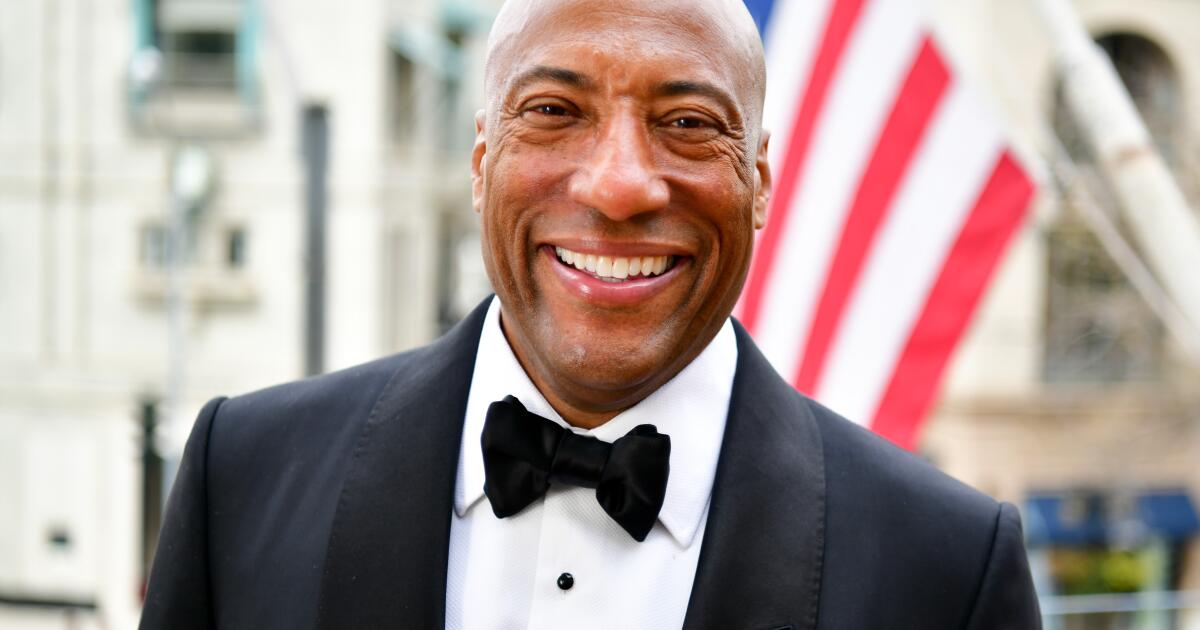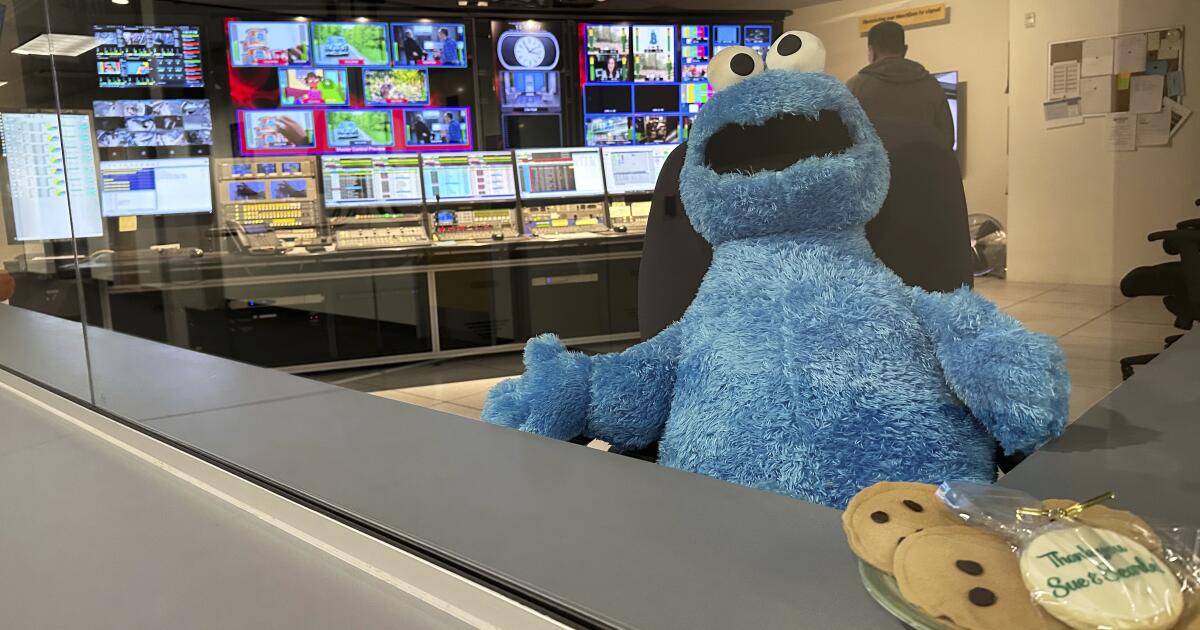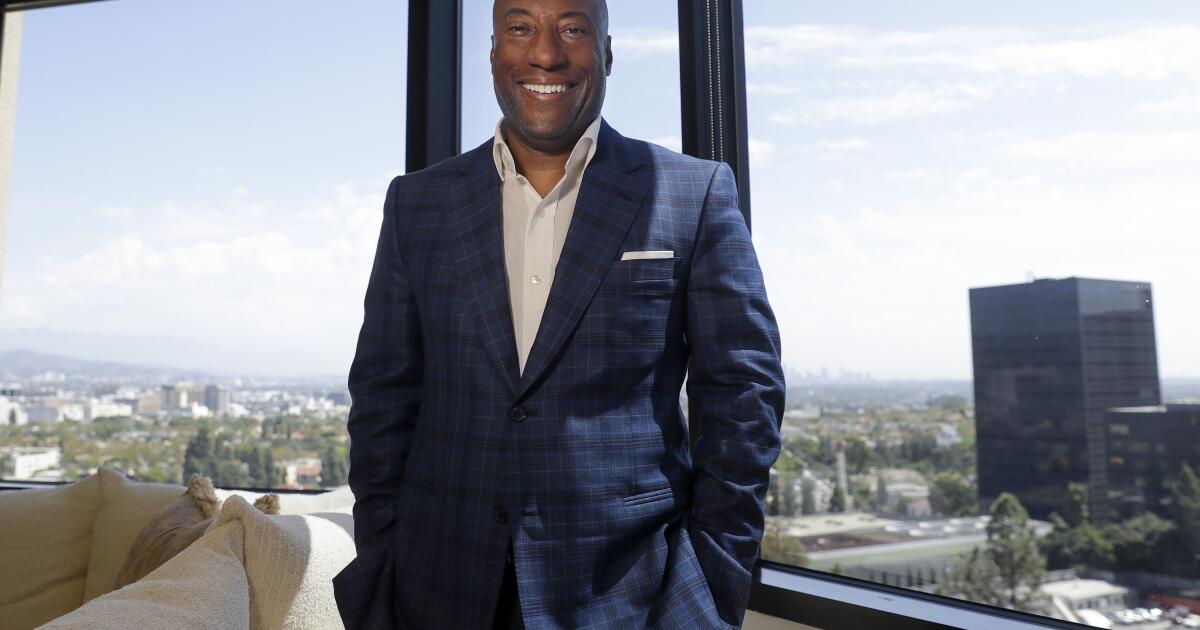WASHINGTON — President Donald Trump is looking to cancel $9.4 billion in spending already approved by Congress. That’s just a sliver of the $1.7 trillion that lawmakers OK’d for the budget year ending Sept. 30.
The package of 21 budget rescissions will have to be approved by both chambers of Congress for the cuts to take place, beginning with a House vote expected Thursday. Otherwise, the spending remains in place.
The White House is betting that cutting federal investments in public media and some foreign aid programs will prove politically popular. Republicans say if this first effort is successful, they hope more rescission packages will follow as they look to continue work by the so-called Department of Government Efficiency once run by billionaire Elon Musk.
Democrats describe the cuts as inhumane and say they would rip life-saving support from hungry and sick people across the globe. Republicans are describing the cuts as “modest” and say the U.S. will continue to play a critical role in helping the world’s most vulnerable people.
Here’s a look at some of the spending the White House is trying to claw back:
The Republican president has asked lawmakers to rescind nearly $1.1 billion from the Corporation for Public Broadcasting, which represents the full amount it’s slated to receive during the next two budget years. Congress has traditionally provided public media with advanced funds to reduce political pressures.
The corporation distributes the money mostly to public television and radio stations around the country, with some assigned to National Public Radio and the Public Broadcasting System to support national programming.
The White House says the public media system is politically biased and an unnecessary expense.
Much of the conservatives’ ire is focused on NPR and PBS. “We believe that you all can hate us on your own dime,” said Georgia Rep. Marjorie Taylor Greene, during a hearing in March.
But about two-thirds of the money goes to more than 1,500 locally owned public radio and television stations. Nearly half of those stations serve rural areas of the country.
“They want to punish the national guys, that’s fine,” said Rep. Mark Amodei, a Republican who said he was undecided going into this week’s vote. “But I’m trying to get a handle on what it means for my stations in Nevada, because the ability to fundraise at the national level ain’t the same as the ability to fundraise in Reno.”
The association representing local public television stations warns that many of them would be forced to close if the GOP bill passes. Those stations provide emergency alerts, free educational programming and high school sports coverage and highlight hometown heroes.
Meanwhile, local radio stations say their share of the allocation provides funding for 386 stations employing nearly 10,000 people. Dozens of stations rely on the public grants for more than half of their budget. Many others for nearly half.
Some Republicans say they worry about what the cuts would mean for local public stations but tough decisions are necessary.
Rep. Dusty Johnson, R-S.D., said South Dakota Public Broadcasting does a “really good job of covering the state Legislature” and other public affairs.
“So these rescissions are not going to be comfortable for South Dakota to deal with,” Johnson said. “That being said, we’re $37 trillion in debt.”
Funding to combat diseases
Trump’s administration is looking to claw back about $900 million from $10 billion that Congress has approved for global health programs.
That includes canceling $500 million for activities related to infectious diseases and child and maternal health and another $400 million to address the global HIV epidemic.
The administration says the $500 million rescission for infectious diseases would not reduce treatment but would “eliminate programs that are antithetical to American interests and worsen the lives of women and children, like ‘family planning’ and ‘reproductive health,’ LGBTQI+ activities, and equity programs.” It makes a similar assurance on the HIV funding, saying it would eliminate “only those programs that neither provide life-saving treatment nor support American interests.”
Scores of humanitarian aid groups have asked lawmakers to oppose the proposed cuts. Catholic Relief Services called on donors to contact their members of Congress to urge them to vote against the bill. Without the U.S. assistance, “countless lives are at risk, and the needs will continue to rise,” said the plea to supporters.
The importance of the United States’ contribution to the global HIV response cannot be overstated, according to the Joint United Nations Program on HIV/AIDS. It says the President’s Emergency Plan for AIDS Relief, or PEPFAR, has saved more than 26 million lives and averted almost 5 million new HIV infections since it was launched in 2003 under President George W. Bush, a Republican.
“Instead of facing a death sentence, people supported by PEPFAR are raising families, building their communities, and helping their communities grow and develop,” said Rep. Rosa DeLauro, D-Conn.
Refugee assistance
The Trump administration is looking to cancel $800 million, or a quarter of the amount Congress approved, for a program that provides emergency shelter, water and sanitation, and family reunification for those forced to flee their own country. The program also helps vetted refugees who come to the U.S. get started in their new country.
The White House says “these funds support activities that could be more fairly shared with non-U.S. Government donors, providing savings to the U.S. taxpayer.”
Refugees International urged Congress to reject what it described as a reckless proposal.
About 45% of the savings sought by the White House would come from two programs designed to boost the economies, democratic institutions and civil societies in developing countries.
The administration wants to claw back $2.5 billion of the $3.9 billion approved for the Development Assistance program at the U.S. Agency for International Development and about $1.7 billion, or nearly half of the funds, dedicated to the State Department’s Economic Support Fund.
The administration says in its request to Congress that the Development Assistance account is supposed to fund programs that work to end extreme poverty and promote resilient democratic societies, but in practice many of the programs “conflict with American values” and bankroll corrupt leaders’ evasion of responsibilities to their citizens while providing “no clear benefit to Americans.”
U.S. leaders have often argued over the years that helping to eradicate conditions that lead to political upheaval abroad is not just the right thing to do but also the smart thing.
“By helping stem pandemics and war and helping countries become healthy, free-market democracies, we are actually helping our own country,” said Sen. Dick Durbin, D-Ill.
Republicans are rejecting the dire warnings. Rep. Robert Aderholt, R-Ala., said “ waste, fraud and abuse is what this is all about.”
Freking writes for the Associated Press.




